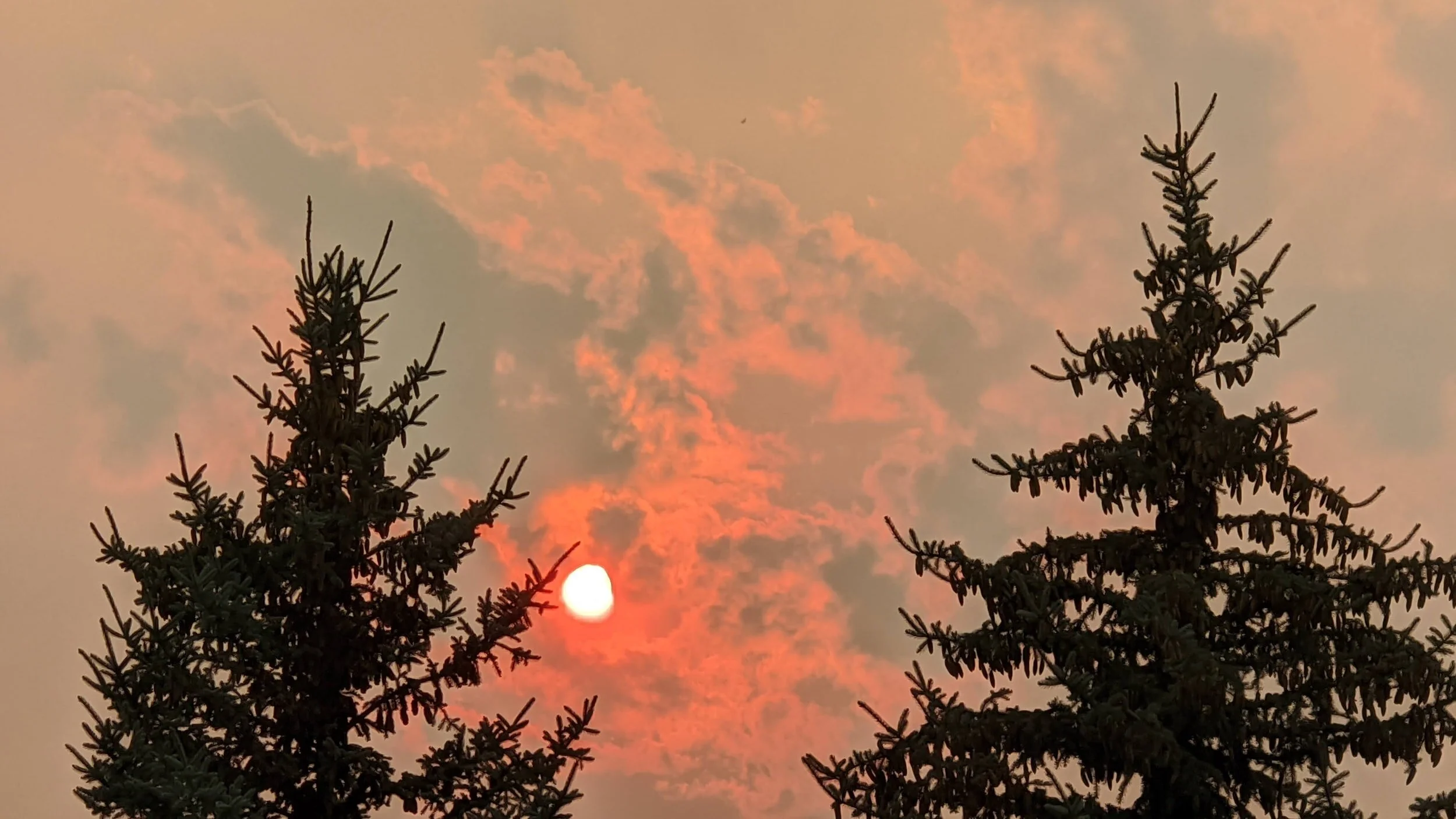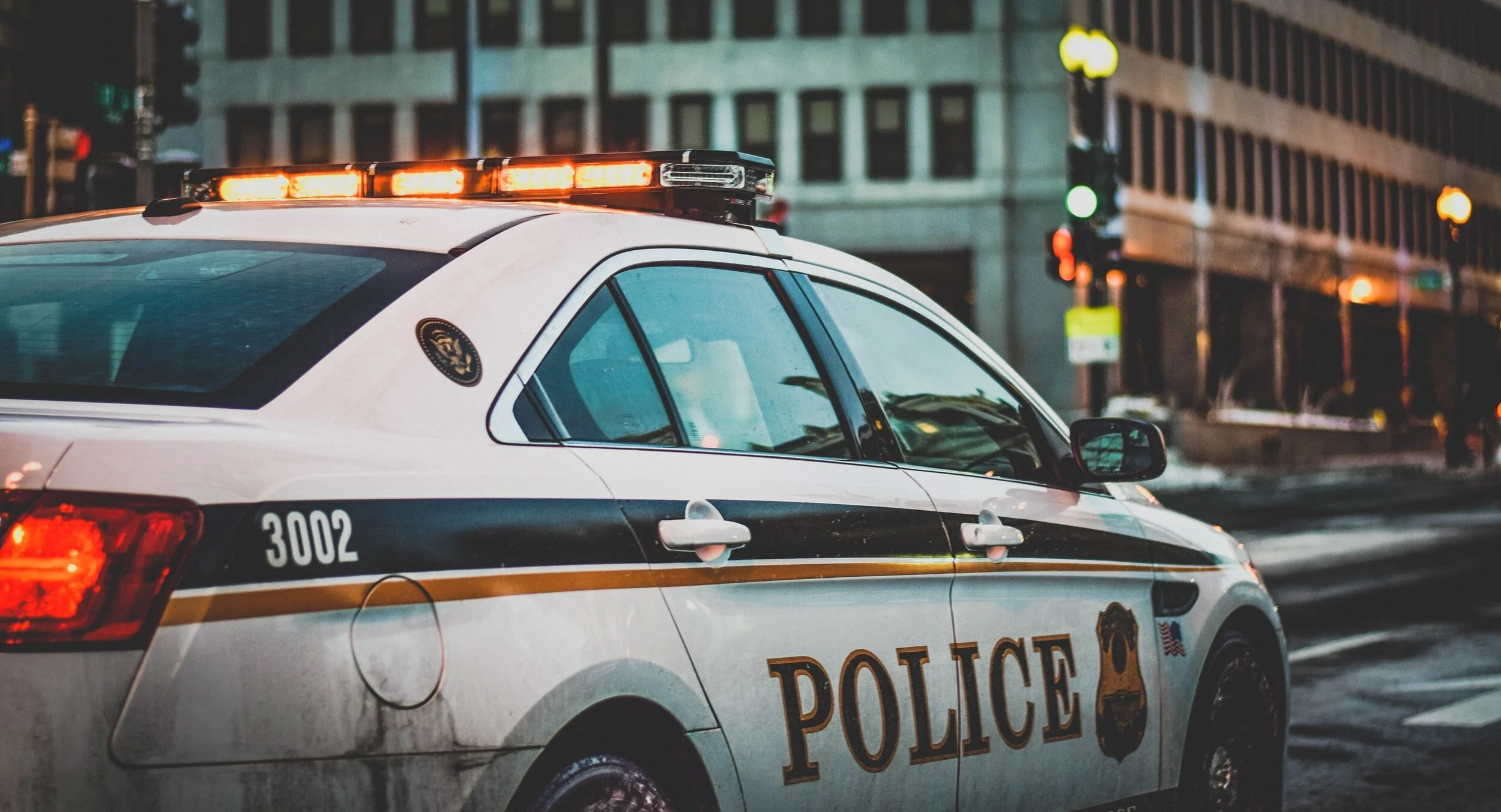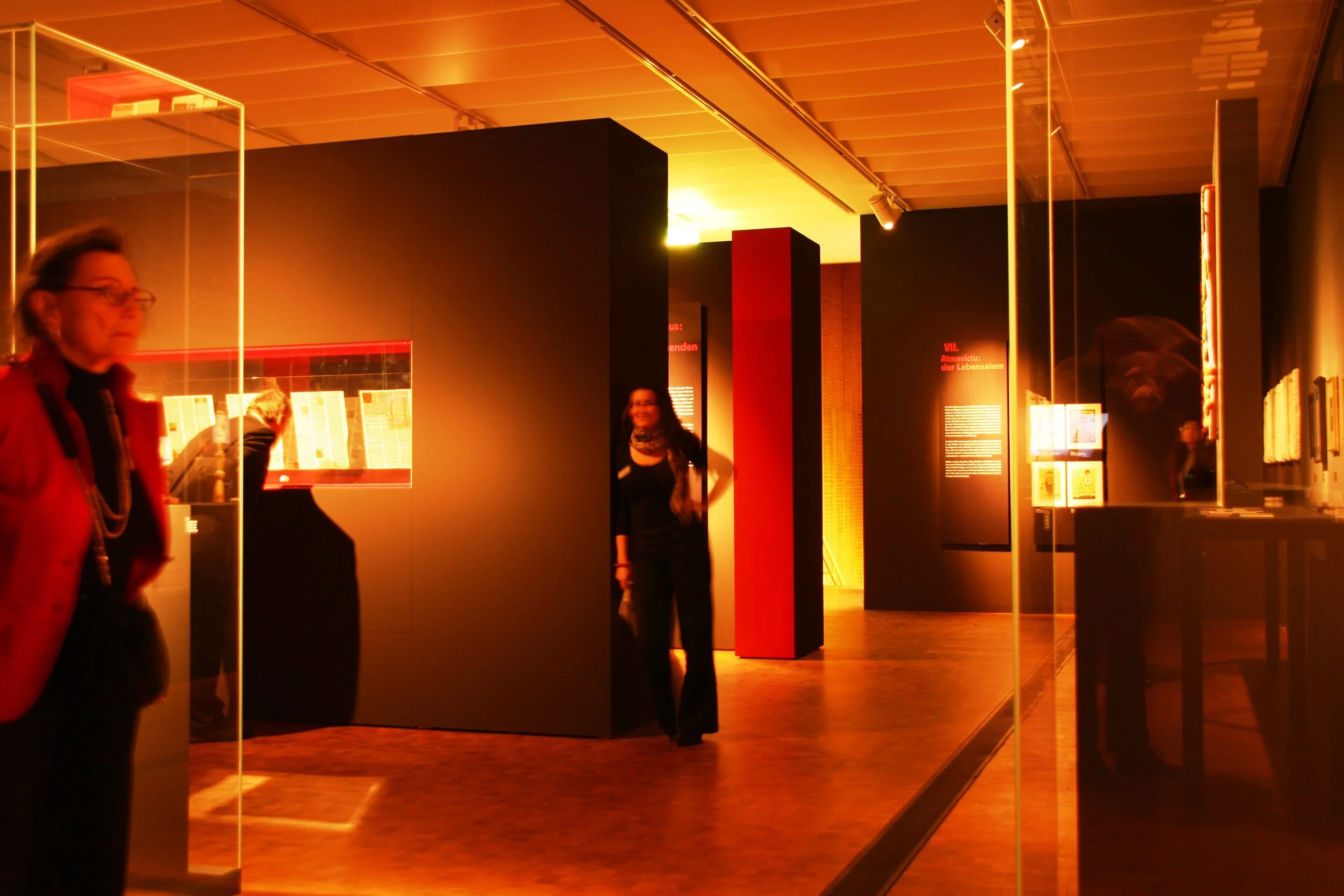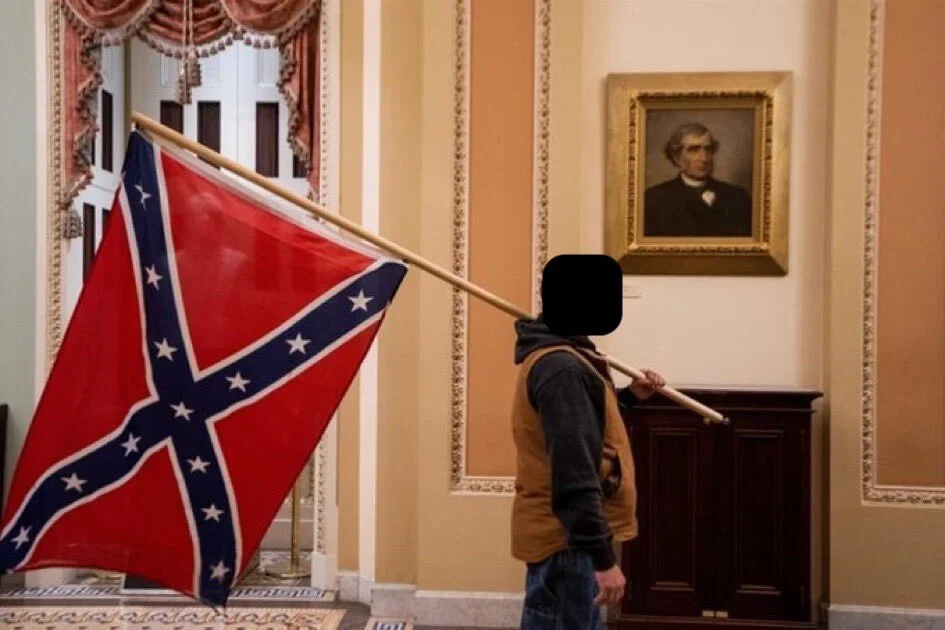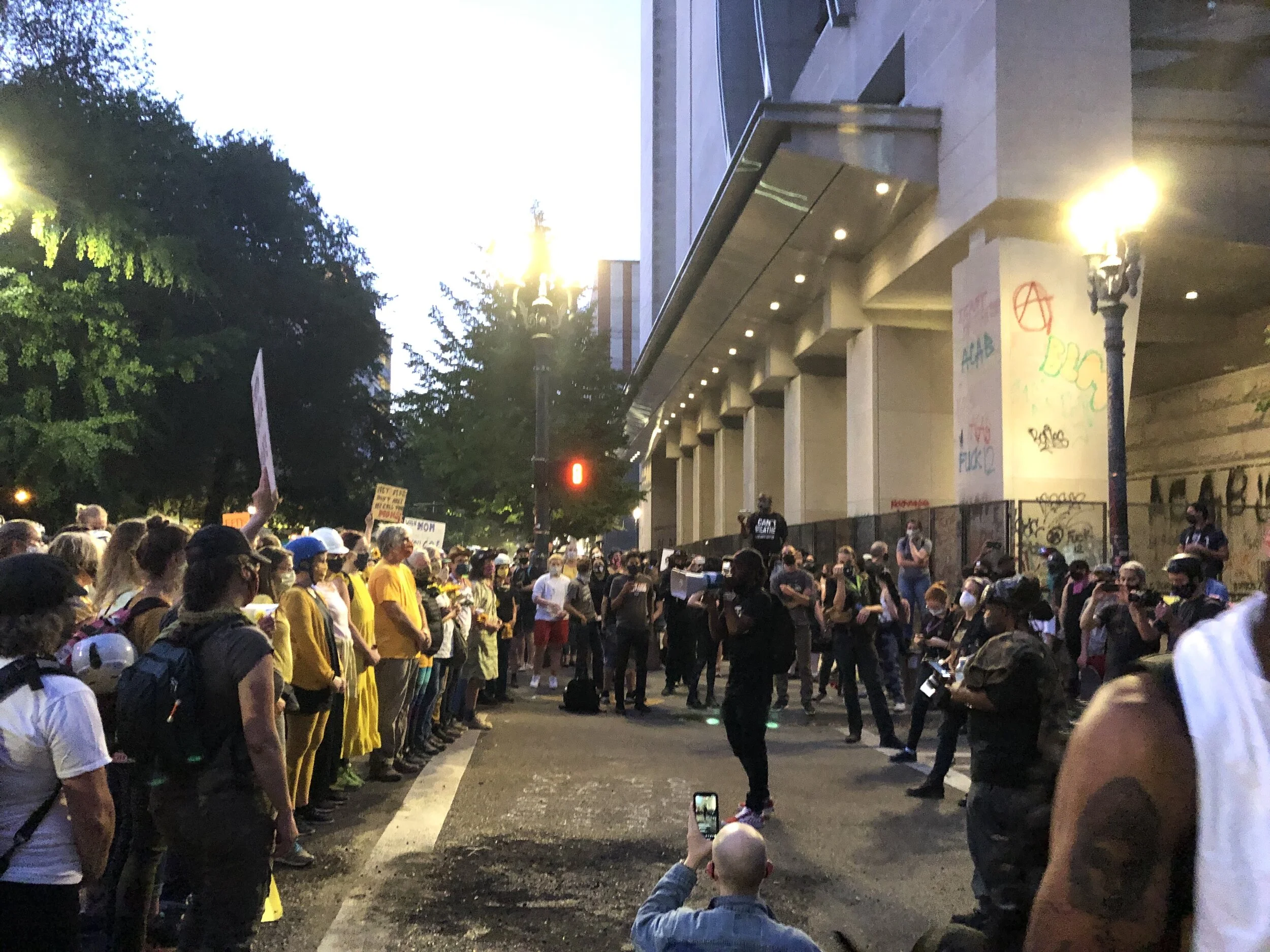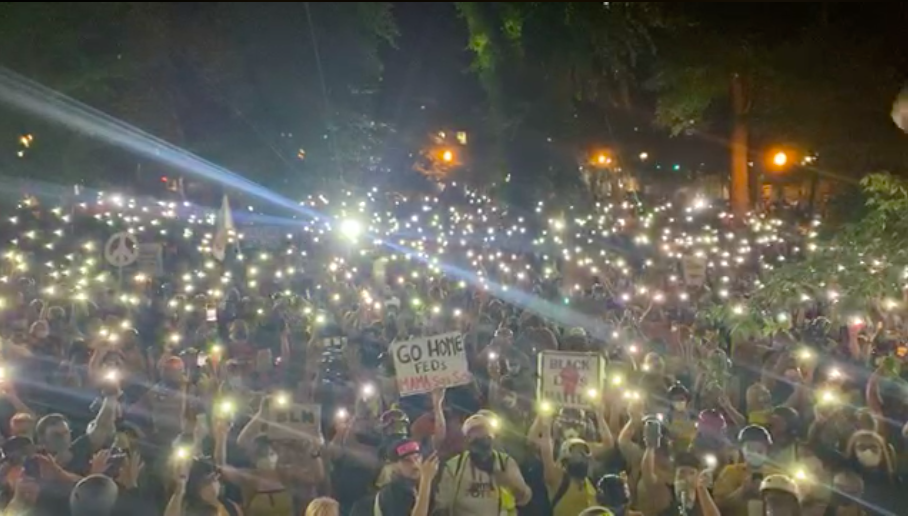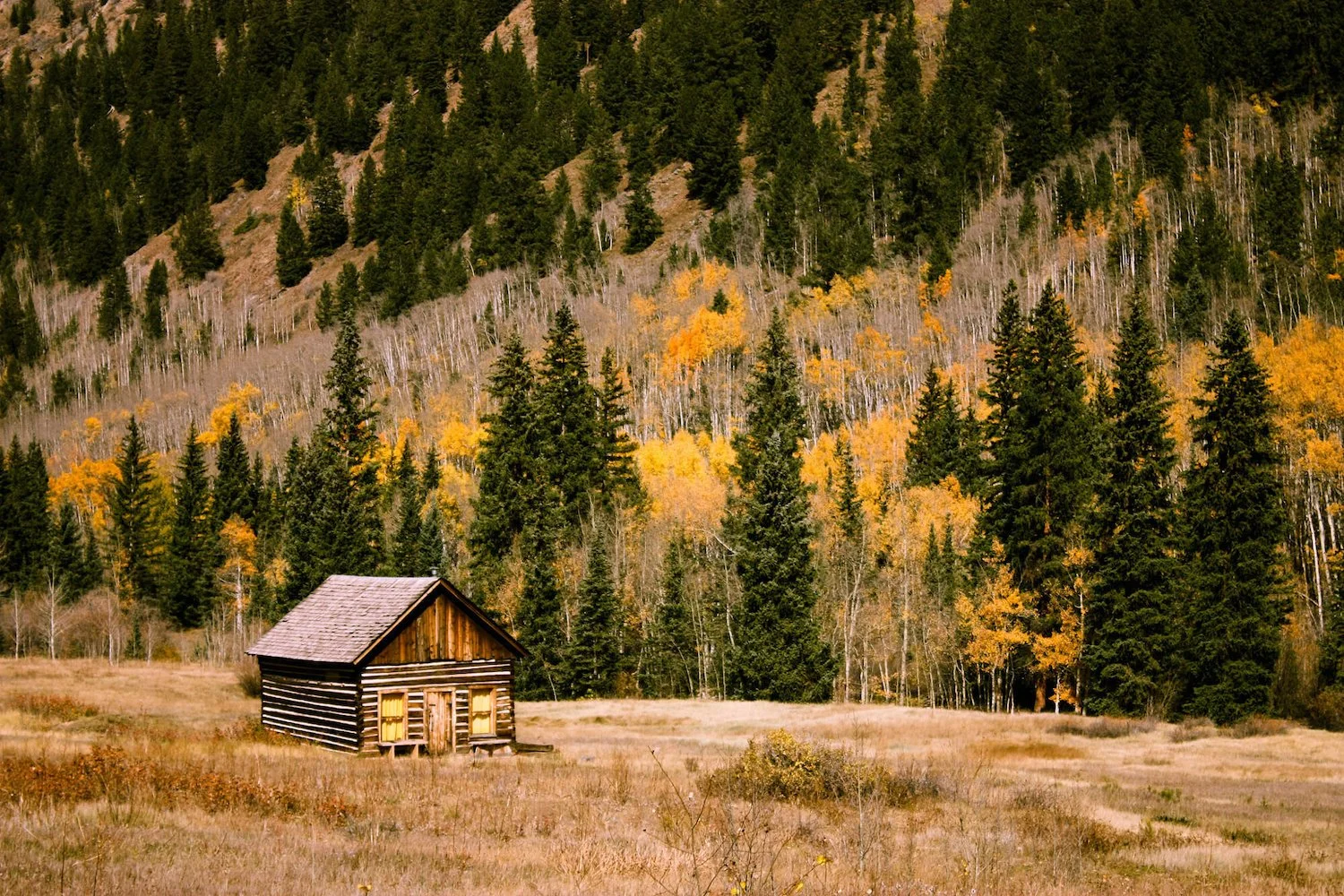July 24, 2020
Satya Doyle Byock, LPC
posted originally at Quarterlife.org and on a 2016 post-election list-serve
When we are stressed or have experienced abuse or trauma, our executive functioning brains shut down. That means we aren't able to think clearly. We can feel disoriented and confused as a result. This is all a result of the “fight or flight” reaction that we, as animals, experience after trauma and stress. This is a very real physiological thing. Don't let anyone tell you differently. Some reactions may seem "dramatic" etc. They're not.
Here are 20 things to know about stress and what to do to stay healthy and resilient. We all need our health to fight back against injustice and suffering. In the face of pain, we need to take deep care of ourselves and of each other.
The common thread throughout these tips: for healing from stress, exhaustion, and trauma, your body needs to be tended to before anything else. Then your imagination needs to be nurtured. Try to take care of your animal-selves and get into play. Get out of the worrying and thinking head and the often cycling heat or shut-down cold. This kind of self-care is about developing resilience for the longterm and countering deep burnout when fighting for justice. It is part of an activist toolkit.
20 tips to release stress and heal trauma:
1) If you find yourself shaking, let your body shake. This is a natural mechanism of our animal selves to release stress. Humans are often embarrassed or scared by the shaking that may occur in stress so we shut it down. Try not to. If this process can unfold naturally, you'll feel relief when it's over and stress that might have been trapped in the body just goes away.
2) Energy or tension in your fists/hands/arms/shoulders can be trapped from the "fight" response. Energy or tension in your legs/feet can be from the stalled "flight" response. Don't be scared by this energy. Try to let it out. Punch a pillow or run it out until you get to emotion or exhaustion. You can also squat into Horse pose or simple hatha yoga postures that help to stimulate the legs can help to release this energy. If you start crying, let it out until is stops on its own.
3) I repeat: Don’t try to stop sobbing when it comes, it’s part of your natural release system. If you start crying, try to let yourself cry and wail until it stops naturally. Remember to breathe through it. Stay out of fear. Try not to think you're being "weird" or "dramatic". The more this can come out of you, the more resilient you will be overall. If you can't cry wherever it starts, try to find a safe place and kindly, consciously "compartmentalize" until you can get back to feeling what you need to feel.
4) If you find yourself going through cycles of cold / hot fever states from emotional stress or exhaustion, again let it happen. Your body is working to release stress. Try not to worry about it or make it go away. Like a fever with infection, it will pass on its own and leave you healthier and happier. (Of course, if this cycle continues for too long, or feels related to COVID symptoms in anyway, check with a doctor.)
5) If you find yourself spacing-out and worry that something is wrong, you are probably dissociating. This can be an indication of the "freeze" state—the third common response to trauma beyond to "fight or flight." The freeze state is the animal-body’s way of mimicking death as a last resort to avoid being eaten by a predator. Humans do this too. We unconsciously go into paralysis and leave our bodies. This is natural at the moment of shock/attack/suffering but it can get "stuck." So if you find yourself in a semi-catatonic state for too long or over days, try to go on a walk, do some yoga, make sure you’re getting the food your body needs, or get proper sleep.
6) Sleep as much as much as you're able and for as long as your body wants, even if your mind thinks it’s excessive. Sleep and REM sleep naturally process stress. We typically don't get enough of it. If you start to fear that you're sleeping "too much," despite what I wrote above, then try some of the other tools and tips to get your body back to life and your spirit uplifted, and make sure your body has the food it needs.
7) Remember to eat good food. If you fear that you're not eating anything, reach out to friends, get a good protein and veggie supplement. Here's one good option that I recommend when cooking and eating in emotional stress is hard. Try to limit alcohol, sugar, coffee etc., all which can throw off the adrenal system and cause anxiety and more stress.
8) Receive touch and physical affection with safe people, and pets. I know this can be especially hard during a global pandemic. If you’re alone or not in proximity to safe relationships, weighted blankets and hot pillows are remarkably good replacements. Light pressure and heat are naturally calming for our nervous systems. If you are in relationship with folks where you can feel held and cry, remember that trust is critically important: if a person cannot hold your tears don't let them tell you you're "taking things too seriously" or "being dramatic." Most of the time, this is gaslighting. Find someone who can listen.
9) Walk, walk, walk. This is a very natural way that humans process stress. It has real, physiological and emotional benefits.
10) Any bilateral movement helps to integrate stress into the brain/body. In addition to walking, you can do things like tap your right leg with your right hand, then your left leg with your left hand and so on. You can stand firm on your feet and stomp one leg and then the other. It may seem too simple to be true, but this is basic animal stuff of bilateral stress relief that helps us relax. You may be surprised at how a active bilateral meditation like this can help to release emotions. You could also buy two stress balls and squeeze them one by one. Think of a cat kneading a blanket before settling down.
11) Practice breathing. Take 2 minutes periodically to breathe more deeply. Just two minutes can make a remarkable difference. Lengthen your inhales and exhales. Start there. Breathe through your nostrils only, if you can, and imagine the air moving up and down your spin with inhales and exhales. After a long inhale, try to swallow before exhaling. This adds a natural pause. If fear arises while doing this, counter the fear with love and keep going. You are releasing stress. Repeat this 10 times. This simple practice can help regulate emotional stress very effectively. (If this feels like too much to start with, just watch that shape at the top of this page.)
12) Laugh, smile, and dance. Yup, even if you have to start by forcing it, it helps. Don't be stubborn! If you need an aid, get to your TV shows, movies, or podcasts. Get the heaviness off your chest. Turn on whatever music gets you going and dance, dance, dance. Listen to whatever music that soothes you too.
13) If you’ve got more time and your nervous system is not feeling like its on fire or underwater, read fiction. Good fiction. May I suggest this book by Octavia Butler, for instance? Or this one by Madeline Miller? Excellent page turners will help your brain and heart to come back together. Also, these books written by brilliant women, about brilliant women are good for the soul.
14) Speaking of those two books, read and watch any “Hero's Journey” type stories you can find. Indulge if needed. These stories help to remind us of the ancient battles for justice, and the inner warriors, gurus, and healers needed on the journey. We are in a battle between good and evil both within our societies, and within ourselves. We need to learn to listen to our instincts and to take care of each other. We were made for these times. Soak up what our world's stories already know about how to fight and rest and listen to Nature and Soul and keep fighting.
15) Outside of the Mythic realm, but Carl Jung would call “The Spirit of the Depths,” there is “The Spirit of the Times.” Bolster yourself with the histories of justice, civil rights, and feminism. Learn from our historic leaders. Audre Lorde, bell hooks, Angela Davis, and so many more. Soak up the stimulation and the intellectual nutrients of their books and lives. Watch documentaries on them that sooth and nourish you. Immerse yourself in our collective history.
16) Create, create, create. Do not judge anything you want to do or that wants to come through you. Your creative self will help you heal and will almost certainly help to move our community forward. Make art, make music, write, get your imagination moving. When we're scared, the imagination contracts. This contraction fuels fear and paranoia. Fear and paranoia are the hellish versions of imagination. Reverse course. Be determined. Work to expand your sense of hope by giving space to your imagination. This work is critical for a healthy society. The system of white supremacy / patriarchy tells us that only "practical" things are valuable. Don't believe it! Your imagination is critical. Your soul is critical.
17) Find an object that expresses resilience, love, and justice to you and keep it with you wherever you go. It may be a small stone that you can use to help you remember to breathe. It may be a small animal figure of a bird or a wolf or a lion that you can hold in your hand and help you regain strength. Maybe it's an image of your most powerful ancestor or your favorite social justice leader. Carry it with you. Touch it when you need to remember love instead of fear.
18) Find a therapist trained in EMDR—a very simple trauma processing technique that is highly effective and heavily researched. One place to start is Psychology Today’s therapist search. Click EMDR on the left hand side. This has been made a bit more complicated in COVID times, but therapists have all gone online and on-phone these days, so it’s also in many respects easier. Even a few sessions can help to get to the root traumas and process recent incidents. You can also search for a therapist trained in Somatic Experiencing, another trauma therapy modality that is excellent and based in the fight/flight/freeze response. There are many beautiful forms of this work, and it’s expanding by the year.
19) Learn-up on trauma and how the body stores extreme stress and see what strikes you personally, and supports you to better understand your own system and history. These podcasts by Resmaa Menakem, Gabor Mate, and Bessel van der Kolk are great places to start.
20) When you're ready, emerge from any feelings of being helpless or useless. Helplessness is a result of the freeze state. It is a very natural response to trauma, but it does not have to end there. If you’ve felt crushed, we need you to come back to life and to trust that whatever small and large gifts you can provide to one person, one animal, or a whole big group is what we need. You are profoundly useful. Your art is useful. Your hugs are useful. Your writing, your cooking and baking, your ability to fix things, your knowledge, your kindness, your directed anger and passion, your teaching, your leading, your sense of beauty. You do not have to "be useful" all the time (bleh!), but it's important to try to get released from any feeling of helplessness. We need your unique gifts, big and small, to help all of us move forward. (If this step feels too confusing, return to the body stuff over and over again. Bring your body back to life and the rest will follow naturally on its own.)
You are each valuable. This journey takes daily learning and a combination of vulnerability and fight. We’re in this together and we’ll get through this together.
Sending love to you,
Satya
Satya Doyle Byock, LPC & Director of The Salome Institute





